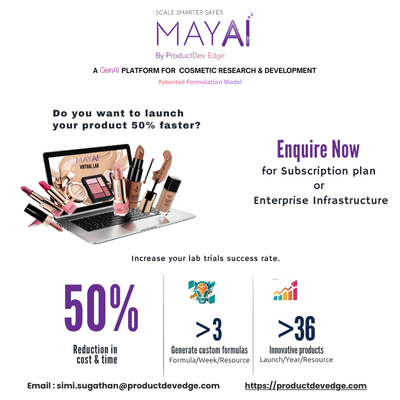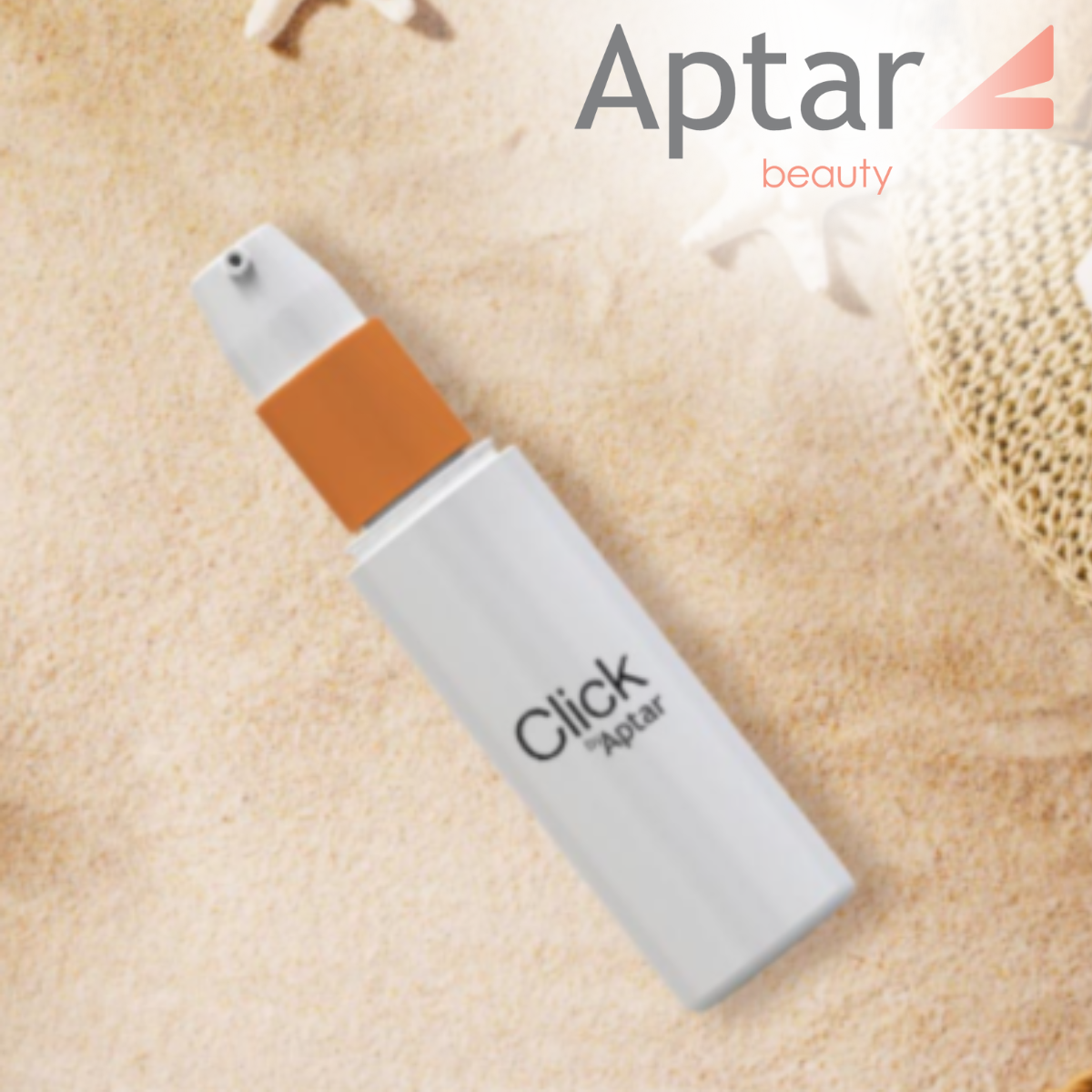Haut.AI granted US patent for ‘Skin Atlas’
Image used for illustrative purposes only
Haut.AI, a leader in advanced skin analysis technology, proudly announces that it has been granted a United States patent for its “Skin Atlas” system for anonymizing facial images. The first of its kind, this innovative technology removes personal identifiers and non-skin-related data from facial images, ensuring privacy and security while maintaining analytical accuracy. This provides significant advantages for both e-commerce and clinical skin analysis applications.
Haut.AI develops advanced technology that uses artificial intelligence to provide detailed skin analysis and personalized skincare recommendations. The process begins with consumers taking high-quality images. Once an image is created, it is sent to the cloud for processing, where Haut.AI’s proprietary anonymization technique strips these facial images of all personal identifiers and non-skin-related data, leaving only the essential skin pixels for analysis. The anonymized photos are then analyzed to generate personalized skincare recommendations, completing the secure and user-friendly experience.
Haut.AI’s patented “Skin Atlas” anonymization method involves several steps to ensure high data privacy standards. Firstly, facial keypoints are detected to standardize the image, followed by the separation of skin pixels from non-skin pixels, which is crucial for accurate analysis. The system then generates photo-realistic skin patterns to fill the non-skin areas, creating a fully anonymized image. This process eliminates irrelevant data, such as hair and background details, ensuring that only pertinent skin information is analyzed. By transforming the images into a “Skin Atlas” format, the system allows for rapid and secure processing, significantly improving both privacy and processing speed in facial image analysis.
“‘Skin Atlas’ enables users to confidently share their images for analysis, knowing their personal information is protected. The anonymization process ensures that all identifying features, such as eyes, mouth, hair and background details, are removed, focusing solely on the skin. This safeguards privacy and also enhances the accuracy of our skin assessments by eliminating potential biases from non-skin-related information. We are excited about the potential of this technology to provide more secure and accurate skin diagnostics, ultimately benefiting both users and professionals in the skincare industry” explains Anastasia Georgievskaya, CEO of Haut.AI.
While facial anonymization technologies are not new, common methods—such as blacking out eyes or applying rectangles over facial features—introduce significant issues for AI processing. These techniques create abrupt edges that disrupt the analysis, causing neural networks to misinterpret them as artifacts. This leads to a higher error rate, particularly when important skin areas are obscured along with the facial features. Skin Atlas, utilizing generative AI, creates anonymized images without these abrupt edges, allowing algorithms to process the data smoothly and accurately, free from the errors.
This innovation is set to significantly impact various sectors. In clinical skin analysis settings, Haut.AI’s technology enhances study participants’ privacy while providing precise skin assessments. In the e-commerce sector, it enables personalized product recommendations without compromising user data. By prioritizing data privacy, Haut.AI sets new standards in the skincare and beauty industry, fostering greater consumer trust and confidence in using digital skin analysis tools.
https://youtu.be/vGrRLOMs4Wc

Author : Sheela Iyer
sheela@cosmetech.co.in
Sheela Iyer is an observer of the Indian Cosmetics & personal care industry and the editor of ‘Cosmetech’. She regularly video interviews industry experts on Cosmetech TV and has her fortnightly podcast ‘Cosmetics Today’
Subscribe to our free newsletter to read the latest news and articles before they are published.












Subscribe To Our Newsletter
Join our mailing list to receive the latest news and updates from The Cosmetics industry
You have Successfully Subscribed!